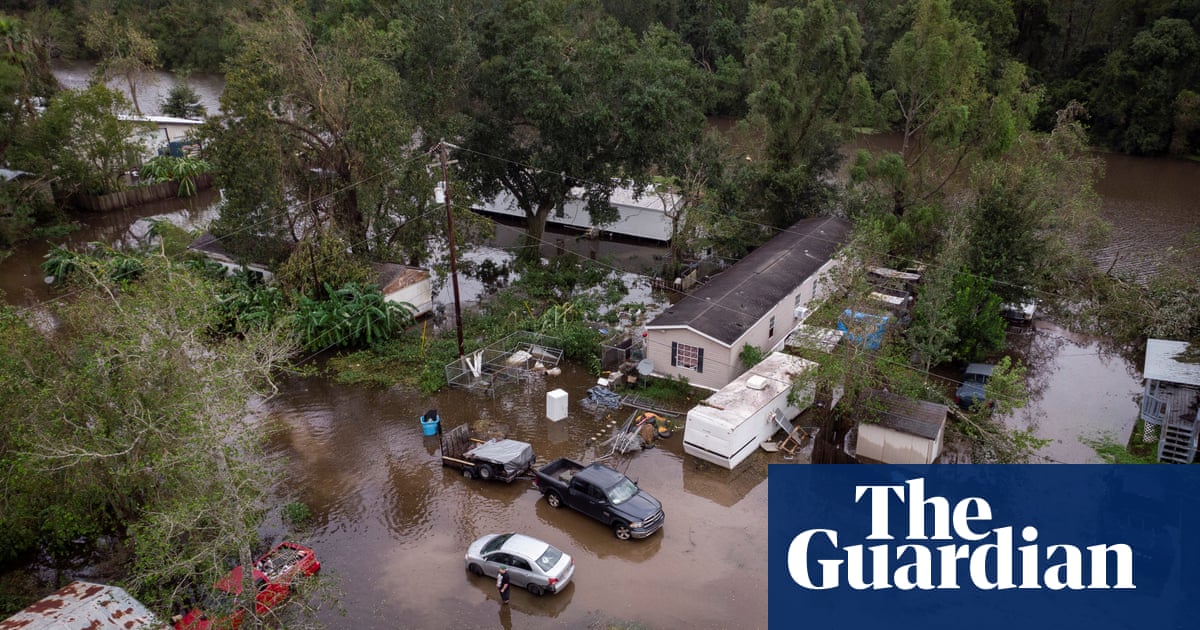Donald Trump’s administration has dismissed all contributors to the US government’s flagship study on how to prepare forclimate change impacts, prompting strong criticism from experts over a “senseless” move.
The climate assessment is used by federal and local governments to understandhow to prepare for climate crisis impactsincluding from extreme heat, hurricanes, flooding and drought.
The dismissal of nearly 400 contributors, who are scientists and other experts, to the sixth National Climate Assessment (NAC), which is mandated by Congress, leaves the future of the report in doubt since the multi-year, peer-reviewed analysis is due for publication in 2028.
The experts were notified on Monday by email. “At this time, the scope of the NCA6 is being evaluated in accordance with the Global Change Research Act of 1990,” the email, seen by Reuters, said, referring to the legislation that kickstarted the assessments that was signed by George HW Bush, a Republican president.
The NAC has been overseen by the Nasa-supported Global Change Research Program, which theTrump administration dismissed earlier this month, and had coordinated input from 14 federal agencies and hundreds of external scientists.
The NAC reports have been published since 2000.
Dr Rachel Cleetus, a senior policy director for the Climate and Energy Program at the Union of Concerned Scientists (UCS) and an NCA6 report author on the coasts chapter, said in a statement: “Today, theTrump administrationsenselessly took a hatchet to a crucial and comprehensive US climate science report by dismissing its authors without cause or a plan.
“People around the nation rely on the NCA to understand how climate change is impacting their daily lives already and what to expect in the future.
“Trying to bury this report won’t alter the scientific facts one bit but without this information our country risks flying blind into a world made more dangerous by human-caused climate change. The only beneficiaries of disrupting or killing this report are the fossil fuel industry … Congress must step up to ensure the report it requires by law is conducted with scientific integrity and delivered in a timely way.”
Erin Sikorsky, the director of the Center for Climate and Security in the US, a thinktank, saidin a social media post: “Pretending climate risks don’t exist doesn’t make them go away, unfortunately. This move puts Americans, our communities, and our security at risk.”
Dismissing the experts working on the assessment is the latest in a barrage of moves by the Trump administration to end or reduce research into climate as it pursues a “drill, baby, drill” agenda to prioritize the fossil fuel industry.
Federal websites have beenpurged of information related to the climate and extreme weatherand agencies reduced in size, prompting warnings Americans’ are being made less safe amid the reality of the climate crisis.
In February, Trump officials also denied US scientists permission to attend a meeting of the United Nations’ Intergovernmental Panel on Climate Change, the world’s leading climate science entity. The federal government alsocancelleditscontractwith ICF International to maintain US support for and involvement in the body.
Reuters contributed to this report
